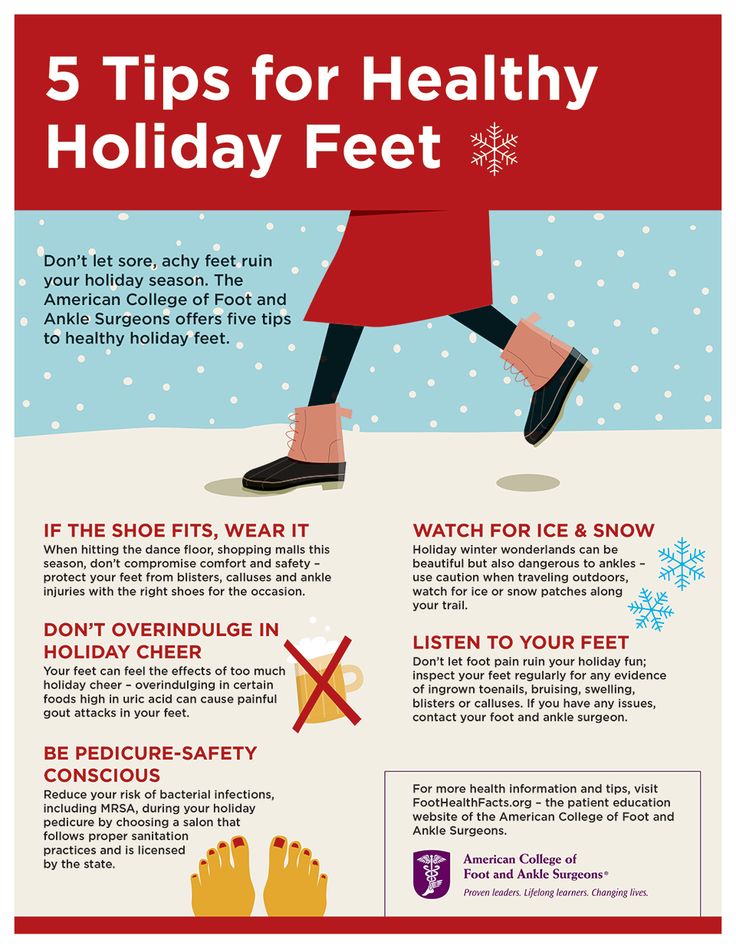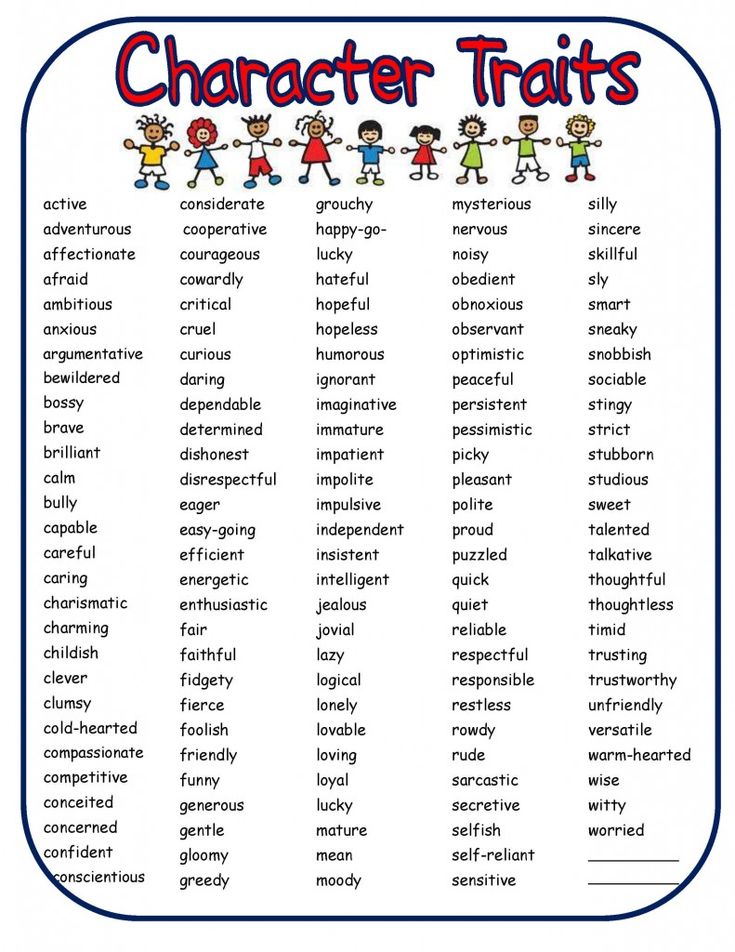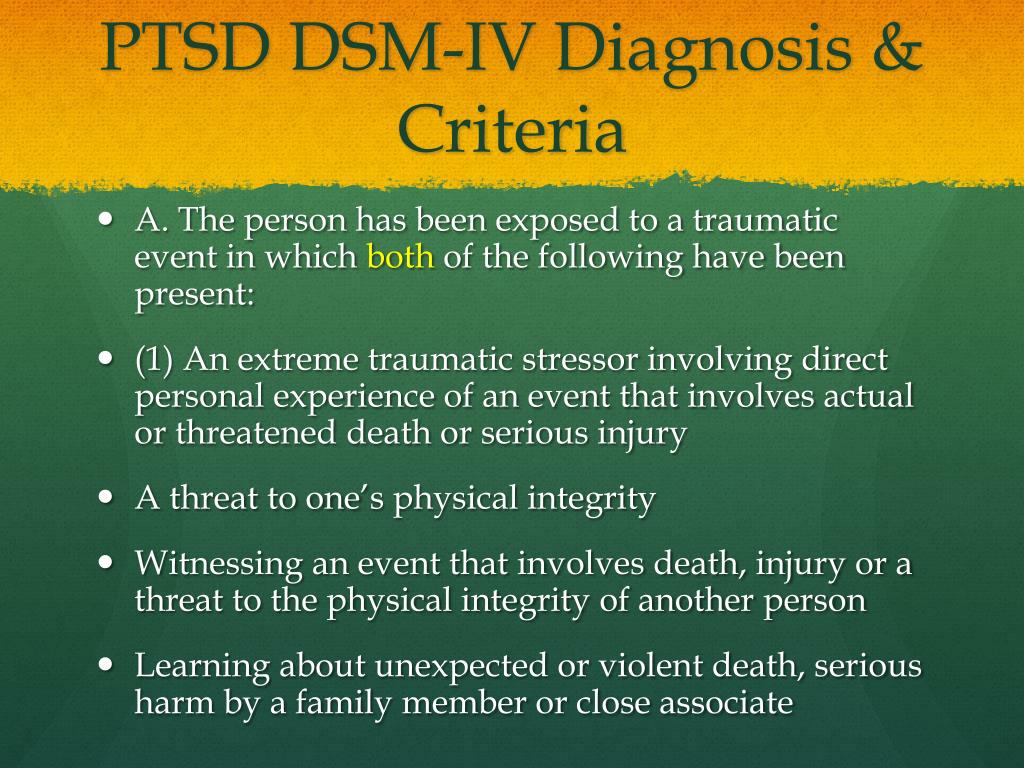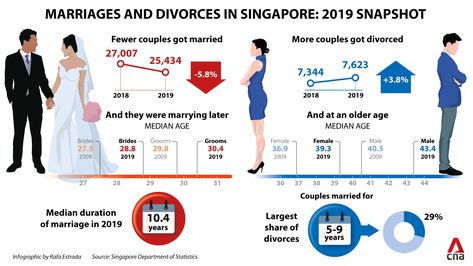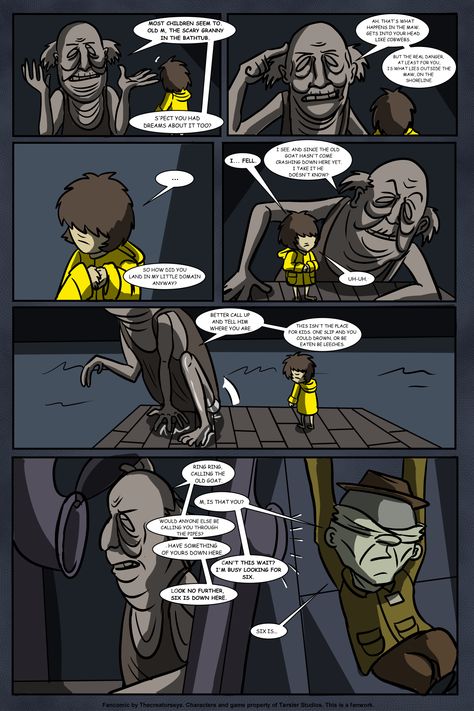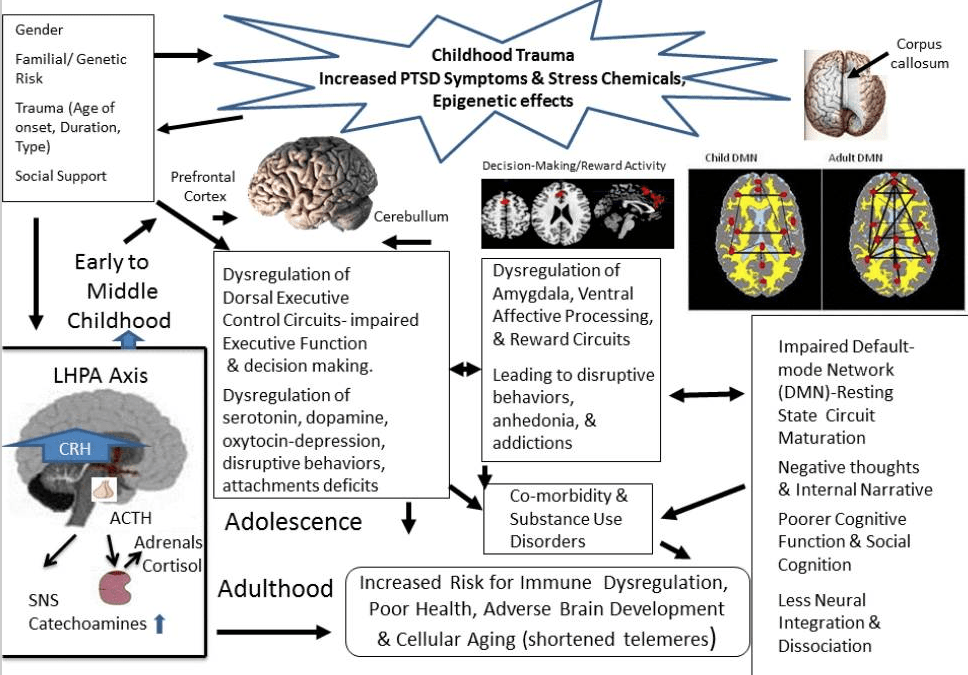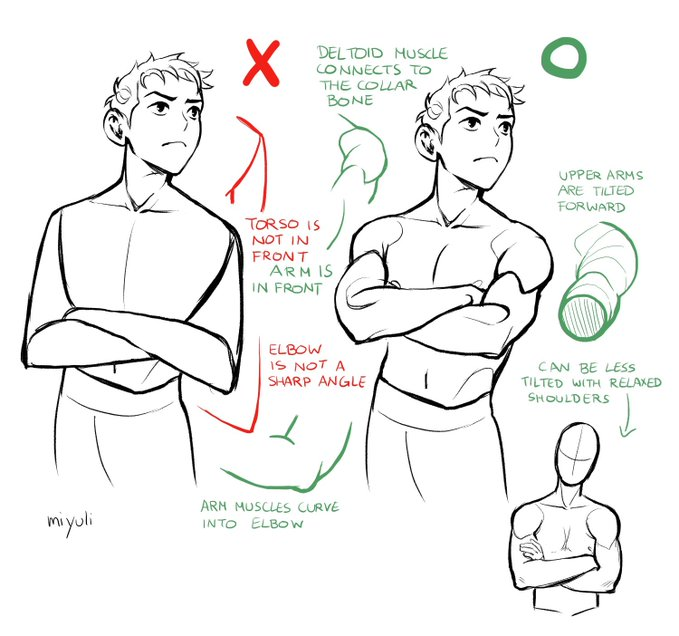Average age to lose your parents
How Old Are We When That Happens?
The death of a parent can be devastating. The loss of a second parent can be even more unsettling. For some, it means the loss of the home they grew up in. It could also mean the loss of rituals that have lasted a lifetime. It could spell the end of habits and practices that have lasted for decades (as, for example, for grown children who always called their mom on Sunday). Even the most basic ways of talking need to change references to your parents are now in the past tense, not present.
For the first time, a nationally representative survey in the U.S. (the Survey of Income and Program Participation) collected data on the age at which participants parents had died. The data that were analyzed were from 2014. The analyses assume one mother and one father and included only biological parents. Of course, in contemporary American society, there are many other possibilities.
Here are some of their key findings.
- The scariest time, for those dreading the loss of a parent, starts in the mid-forties.
Among people between the ages of 35 and 44, only one-third of them (34%) have experienced the death of one or both parents. For people between 45 and 54, though, closer to two-thirds have (63%).
- Among people who have reached the age of 64, a very high percentage 88% — have lost one or both parents.
- In the same age group (55-64), more than half (54%) have lost both parents.
- Even at a very young age, between 20 and 24, nearly 10% have experienced the death of one or both parents.
- Typically, people experience the death of their father before their mother. For example, among people between the ages of 45 and 54, more than half have lost their father (52%) but only one-third (33%) have lost their mother.
- There are racial/ethnic differences in the age at which people experience the death of a parent. For example, among people between the ages of 25 and 34, 24% of blacks, 17% of Hispanics, and 15% of whites and Asians have lost at least one parent.
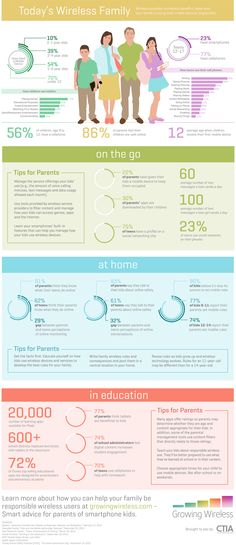
- We have long known about the dire implications of poverty for health, hunger, homelessness, and much more. The new data on parental mortality add another sad outcome. People living in poverty lose their parents at a younger age than everyone else. People with fewer financial resources, even if they are not impoverished, also experience the death of their parents at a younger age than those who are well-off.
The authors of a working paper about the findings, Zachary Scherer and Rose Kreider, offer this conclusion:
Having a living parent or parents plays a key role in the life of a child. The benefits of parental transfers often persist throughout the life course, even after the child has become an adult, with parents potentially offering financial, emotional, and practical support to their children
Ostensibly, individuals with lower income, lower educational attainment, and those from communities that experience lower life expectancy would benefit most from parental support.
However, our findings indicate that those same groups are the ones that experience parental loss earlier in life, along with the psychological and material consequences that often accompany such an event.
Photo by jimcintosh
Worst Age to Lose a Parent
Do you know the worst age to lose a parent? The worst time to lose a parent is not only when they’re old and their health is declining. In fact, it can be much worse for some people to lose one parent while still in their mid-twenties. A decade after they have passed, you realize that you’ve changed as an individual. We change with time, and sometimes we don’t have enough of it before our parent’s life ends. There was never an opportunity long enough where both parties could get closer, know each other better, and see each other’s growth through time.
“A parent’s love is whole no matter how many times divided.”
— Robert Brault
The worst age to lose a parent is when you’re too young to remember their love
When you lose a parent at an early age, they become more of the perfect ideal than the person who existed.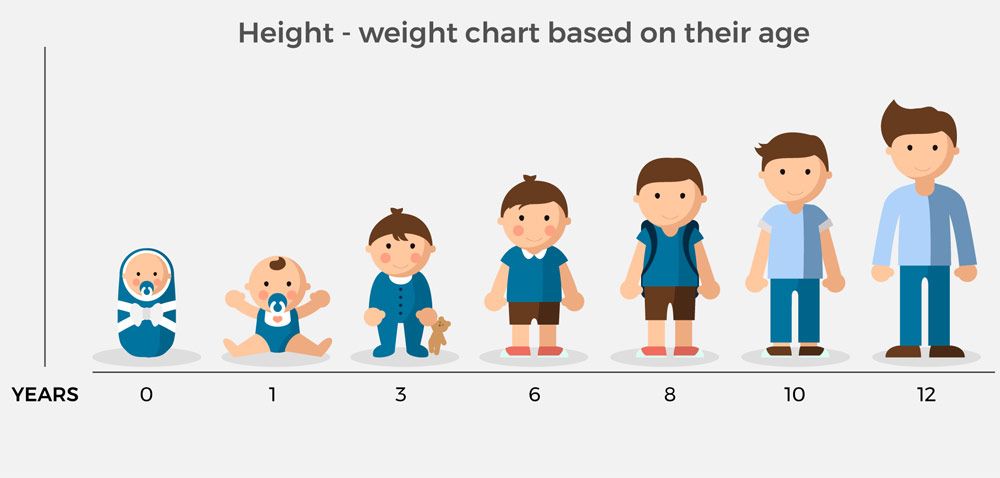 You spend your life trying to imagine how it feels to not have them by your side and what their love would be like if only for just one day or minute in time; this is especially true when that loss leaves behind unfulfilling emptiness.
You spend your life trying to imagine how it feels to not have them by your side and what their love would be like if only for just one day or minute in time; this is especially true when that loss leaves behind unfulfilling emptiness.
It’s worst to lose a parent when you’re too young to remember their love or what they meant for your life. It creates something inside us that will always remain missing—especially as we grow up with those feelings being unanswered questions of “what could’ve been?”
The worst age to lose a parent is when they are the only person who remembers your early childhood stories
One of my earliest memories was sitting next to my dad right after dinner on the couch as he told me about when I was born: “When you were born, you were so small,” my dad said. “The nurses at the hospital didn’t know what to do with you because you were too small for their hands. I don’t even think you weighed more than a Kleenex box.” He smiled down at me.
He paused and looked up to search for the right words before continuing, looking deep into my eyes with that earnest expression only dads have when talking about how proud they are. I was 15-years old when he told me that story and it was one of the last stories he told me before he passed.
“When you look into your mother’s eyes, you know that is the purest love you can find on this earth.”
— Mitch Albom
The worst age to lose a parent is when you have children of your own and now feel like they’ll never know their grandparents
If you’re someone who’s ever lost a parent, then the worst age to lose them is when they suddenly leave, and now it feels like your child will never know their grandparents. It doesn’t matter if you have children of your own or adopted.
Many people think that losing a parent at any stage in life would be hard, but for some, the hardest time is losing them when there are grandchildren waiting for some guidance from Grandma and Grandpa, only to find out that no such thing may happen anymore.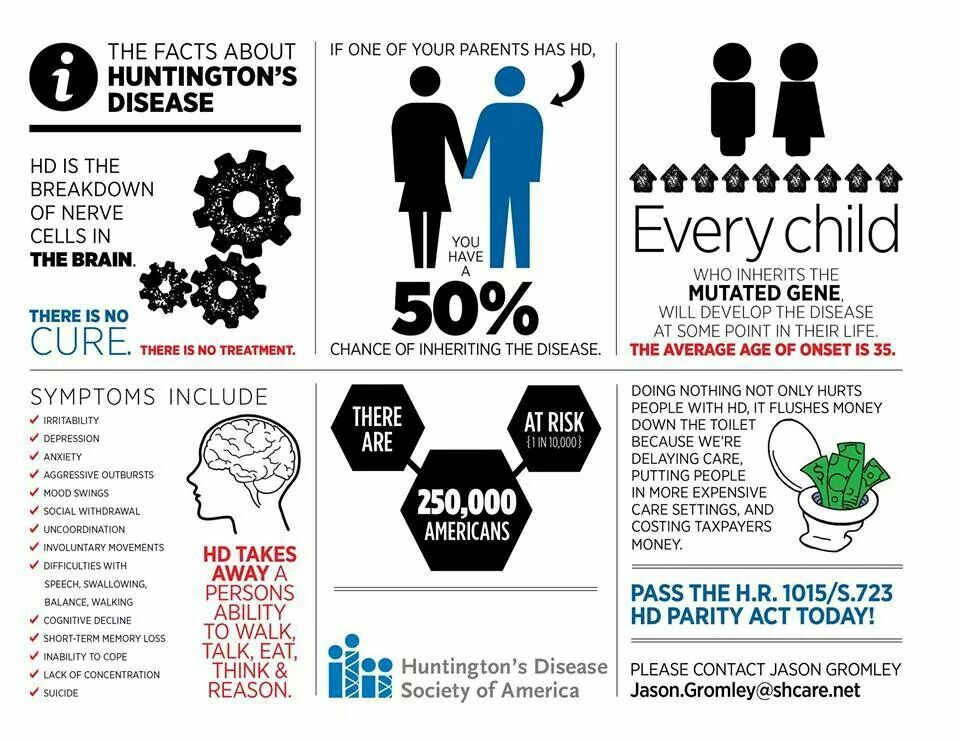
Imagine the feeling of a child who has many questions and needs to be answered, but never can get those answers because their grandparents are no longer around. The child cannot see the love between you and your parents, which the same feeling and behavior can extend into their own family when they’ve grown.
The worst age to lose a parent is when you’ve lost all hope for yourself because they gave it so unconditionally
We might be angry or sad, but we can’t stop them from being there with us and providing support even if we don’t want their help.
The absolute hardest time in our lives would have to be the day that someone who has loved us more than anyone else leaves this earth forever; not just as parents, but friends, too. It’s hard enough having gone through what most people call “the best part of life,” yet now I am left alone without my father telling me he loves me every morning before school like he did every other year of my childhood until I was 16 years old. Gone is his voice, his support, and all the love he had for me.
Gone is his voice, his support, and all the love he had for me.
My worst day was when my father died, but I am grateful that I had him for as long as I did. He was 77 years old, and me a junior in high school. My father knew he was older and made sure that he took care of me then, and prepared for my care in the future.
Some times you’ll feel hopeless. The worst thing about losing hope is that there isn’t anything to look forward to or even time enough in life on this earth for happiness – because they’ve given so many pieces of their heart freely without ever expecting anything back.
I felt like I was in a dark fog for weeks, but eventually the sun would shine through and remind me to enjoy my life.
“The love of a parent, that connection, it’s eternal.”
— Molly Shannon
The worst age to lose a parent is when you dread it the most
According to PsychCentral, “The scariest time, for those dreading the loss of a parent, starts in the mid-forties. Among people between the ages of 35 and 44, only one-third of them (34%) have experienced the death of one or both parents. For people between 45 and 54, though, closer to two-thirds have (63%).”
Among people between the ages of 35 and 44, only one-third of them (34%) have experienced the death of one or both parents. For people between 45 and 54, though, closer to two-thirds have (63%).”
The worst age to lose a parent is when they’re sick or dying. Maybe you’ve had it too long and have become complacent in their love, but as soon as the threat of them leaving becomes real, it’s like someone ripped your heart out with no warning. You feel so lost because now there are two empty holes within you – one where your loved one should be and another for yourself after realizing that this person was always there for you through everything.
It is the worst when you see your loved one slowly decline. It’s tough to know what to do or say. I feel for anyone who has had their parent become so incapacitated they need constant care and attention – it’s such an overwhelming feeling of guilt seeing someone you love in pain and not being able to fix it.
Growth after pain
For most people, losing their parents is a traumatic experience that takes time to come to terms with.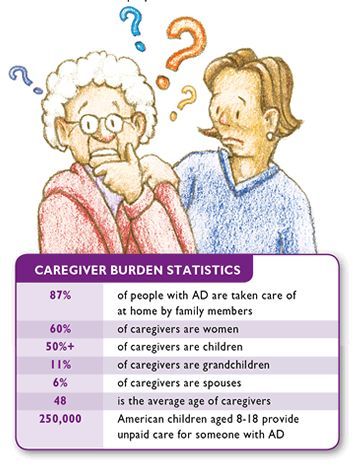 Though the hurt is present, you’ll learn from this experience so that you can grow stronger because of it.
Though the hurt is present, you’ll learn from this experience so that you can grow stronger because of it.
For those who have lost a parent, there may be no greater tragedy. But what is the best way to deal with such a loss? After all, grief does not last forever and life goes on! There are many ways people cope when they lose their loved ones—some temporary, while others can become lifelong coping mechanisms for dealing with death. Those who have experienced something similar know just how valuable every day becomes after going through this type of pain themselves. They make each moment more precious than ever before as time goes on without those we love most by our side.
What can your parent’s death teach you about life?
The afterglow of death has touched me. It’s taught me that life is precious and I want to make sure it lives on with purpose. The death of my parents and loved ones has made me realize what my purpose in this world is, which makes living more manageable day-to-day because there’s a goal at hand; something worth striving for!
Death has taught me that life is short, and no matter how many years you live, there is only a limited amount of time to spend with the people you love.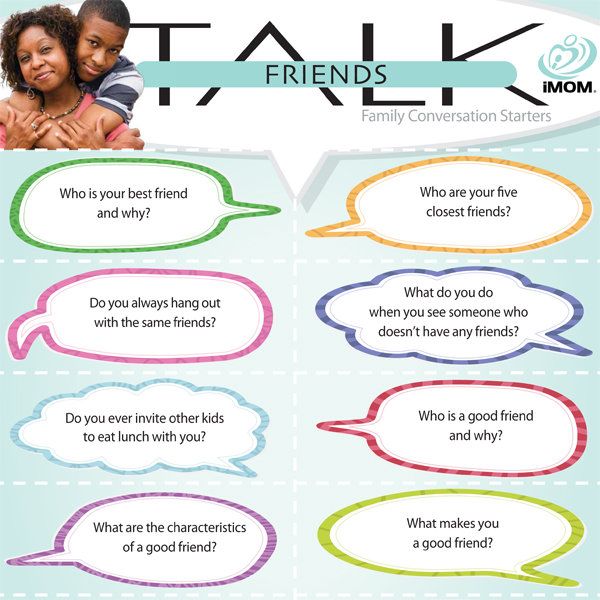
We make small changes in our lives; we appreciate love more than before, simplifying what seemed complicated, cherishing memories rather than letting them fade away into obscurity.
Death is a constant, like any other. As humans, we can change and grow with time, but death does not waiver in his power, which he has always had. It can seem as if those who die are heroes because they endure through their pain until it’s too much for them anymore; however, this will only be true when you realize that what separates us from death isn’t our strength but how long we’re able to hold on no matter how bad things get.
Death taught me to be more forgiving of myself and others. Death also helped me realize that while there will always be obstacles in life, live with the belief that all your dreams will come true.
“For the rest of my life, whenever I fall down, I get back up. Whenever I am hurt, I drive on. Whenever I am brought low, I rise. That is not because I am virtuous, strong, resilient, it is simply because my father was.
”
—Meghan McCain
Conclusion
When you’ve lost your parents, it’s hard to imagine a life without them. But many people find they grow after their pain and loss. It is important, though, when you are in the grieving process not to lose sight of what is possible for yourself. Just because one door has closed doesn’t mean there isn’t another waiting for you with an open invitation inside. Think about all the things this person did for you during their lifetime and what it means to you. Take a moment to be thankful. There will be an opportunity to create more memories as we move through this experience called life.
How the death of parents in childhood affects relationships in adulthood. Study
The death of loved ones is always a shock, no matter how old it may be. And if a child is faced with death, this can affect him not only here and now, but also on his relationships in adulthood. How exactly - in the journal Psychology Today, psychiatrist Grant Brenner told.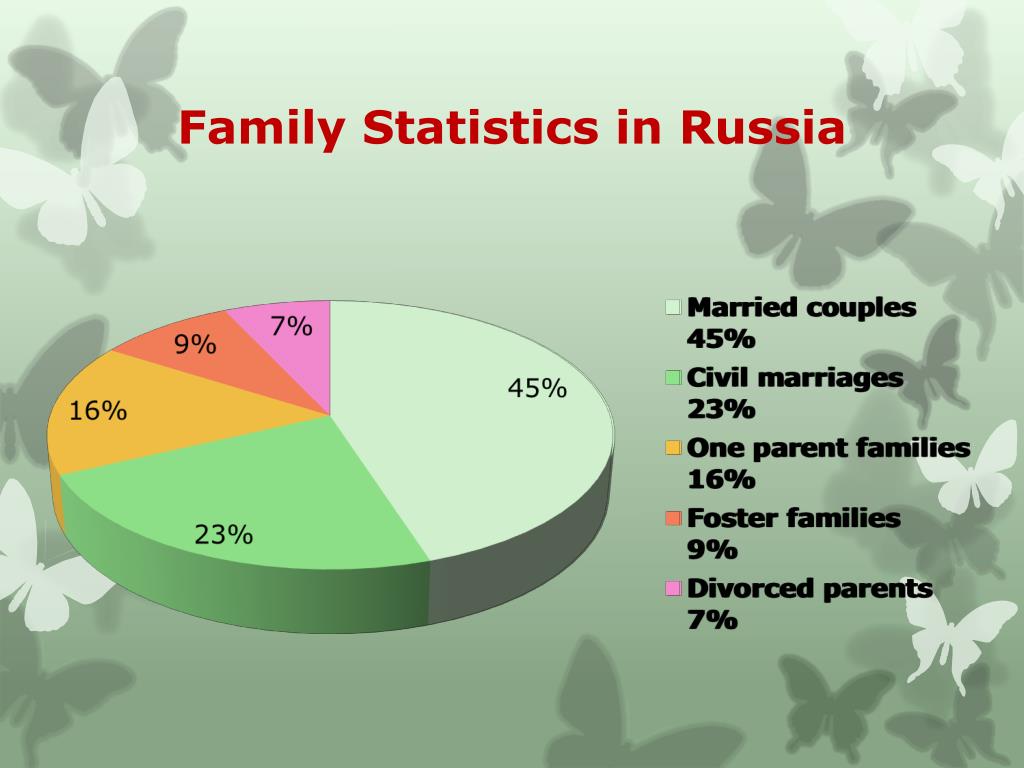
There really isn't much research on how the death of a loved one affects adulthood. Some of them argue that women who have experienced such trauma are less likely to get married. Other researchers, on the contrary, come to the conclusion that they get married earlier. There are many questions, as you can imagine. For example, is it true that people who lost one of their parents in childhood fail to build long-term relationships or have a higher divorce rate? Does it matter how a parent died? How much more complicated is it if it was a suicide? nine0003
To try to answer these questions, Danish scientists studied databases of the local population. And then they conducted a statistical analysis to find patterns between the early death of parents and relationships in adulthood. Scientists took data from 1,525,173 people for the period from 1970 to 1995: their gender, age and marital status were compared with the causes of death of their parents and the duration of the relationship.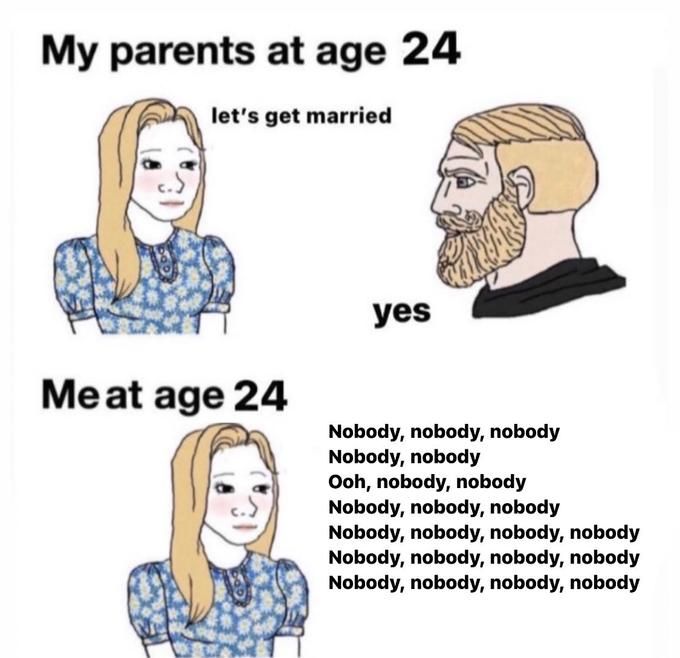
It turned out that 4.5% of people experienced the death of their parents in childhood, most of the death of their father. Approximately half of the respondents lost their parents in adolescence, the rest even earlier. nine0003
Of the 1.5 million people who participated in the study, 20,000 men and women who experienced the death of a parent were in some kind of relationship. Relationships with such people last an average of four years. While those with both parents alive have six years. Especially often, children of suicides start romances, but they do not last very long. By the way, women are 9% more likely to build long-term relationships. But at the same time, men break off relationships and break up in 13% of cases, and women - only in 9%.
It is also interesting that scientists have not found a difference between whose loss is more difficult for a child: mother or father. Perhaps these are all gender stereotypes and there really shouldn't be any difference. Although recent studies have noted the importance of the father in adolescence, because men after the death of a wife / mother can better support the whole family.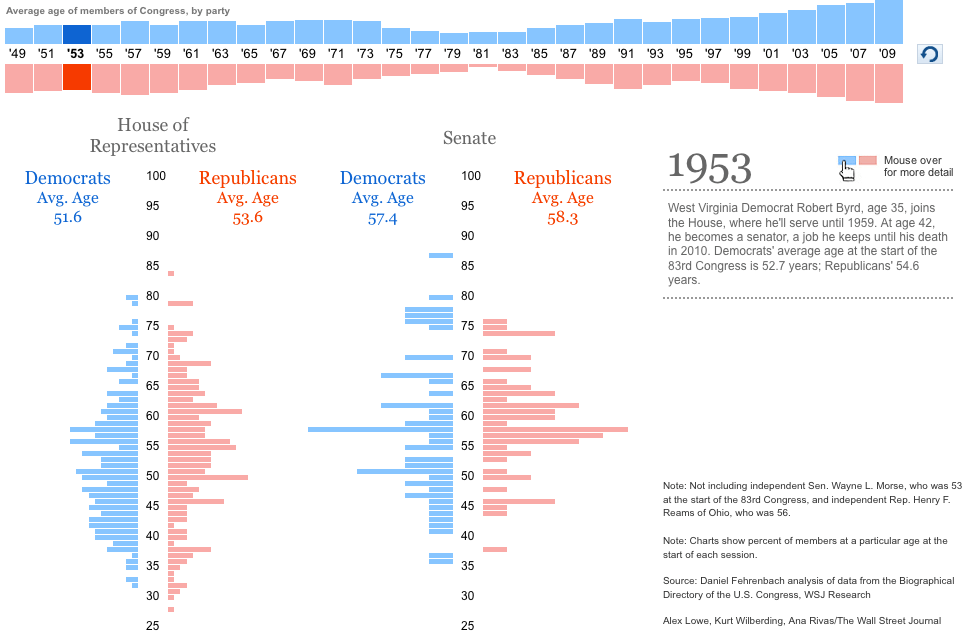
In general, the consequences of the early death of parents were not so strong, given the scale of childhood trauma. Yes, people who experienced the death of one of their parents in childhood are more likely to face psychological problems. Nevertheless, they may well build relationships, but due to emotional instability, they often lack a secure attachment to a partner. nine0003
Next, the scientists plan to investigate the quality of relationships, the degree and style of attachment, and how people from different families and different cultures generally deal with such grief. The scientists hope the results can help get help to those who need it most.
Not only can one not hide a disease from a child, but in principle one must talk to him about death before he encounters it in life. How to do it right so as not to frighten, - said psychologist Irina Belyaeva. nine0003
Translation: Julia Zabelina
What is the transitional age, how adolescents change
Nikita Karpov
Clinical psychologist
Julia Skopich
Talk about growing up
Author's profile
at each stage of growing up a child's growing up relations with him anew, and it is not easy to go through these periods without conflicts.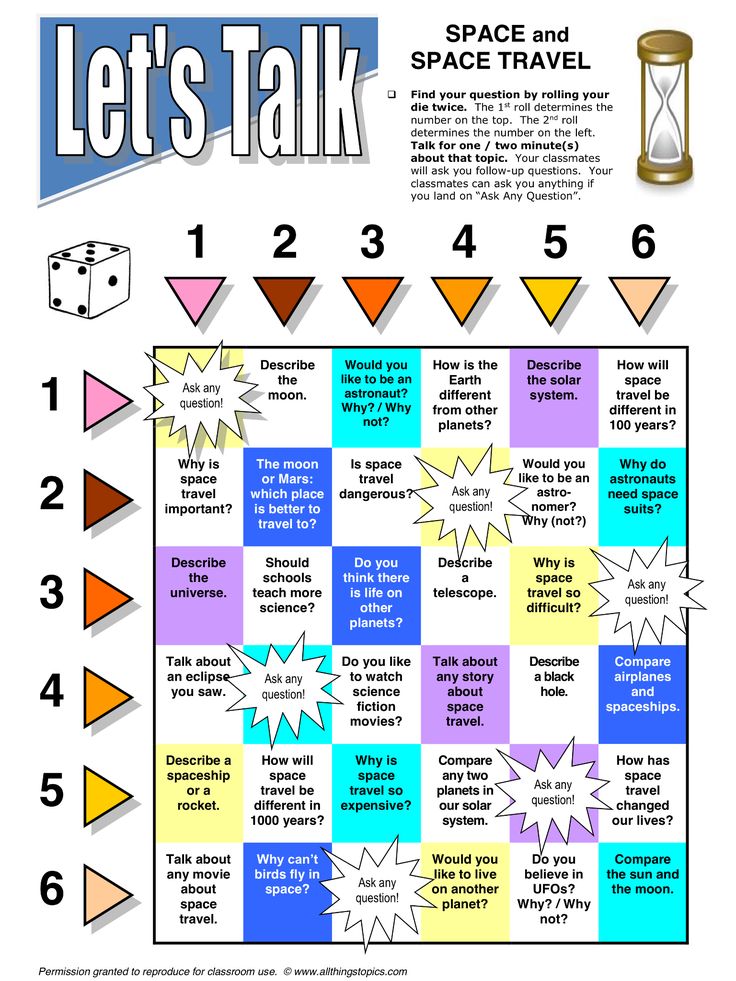
We talked with teenage psychologist Nikita Karpov about growing up in adolescence and what parents should do during this time to keep the child's trust. nine0003
What do you learn
- When a child becomes a teenager
- How a teenager grows up from a psychological point of view
- How much old45
- Continues to build relationships with a child
- Are there any differences between boys and girls
- as a thing the child feels himself during this period
- How to help yourself and your child overcome the crisis
- Is it worth treating a teenager as an equal
- How to help a teenager not fall under bad influence
- What to do if contact is lost
- Why teenagers sometimes break the law
- At what point does a person become an adult
When does a child become a teenager?
Puberty, or puberty, is a physiological process. It is launched by the reproductive system when changes occur in the body and it becomes capable of procreation.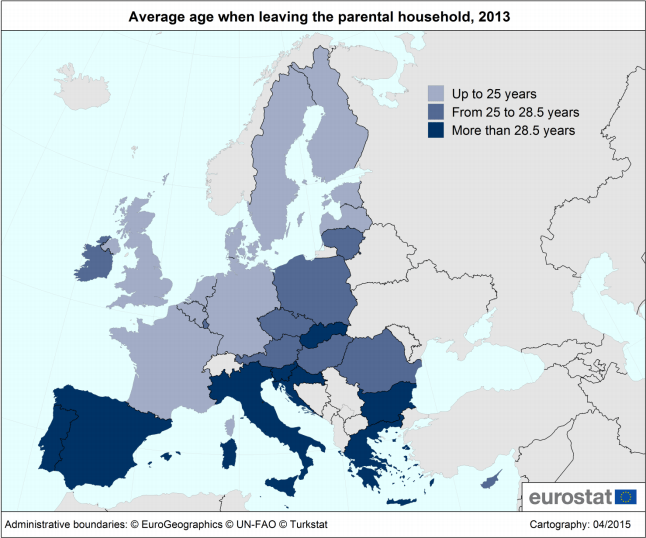 In girls, it usually starts a little earlier - at 9-11 years old, in boys - at 11-13.
In girls, it usually starts a little earlier - at 9-11 years old, in boys - at 11-13.
Along with changes in physiology, the child's behavior also changes. He can become more gloomy and aggressive. There are sharp mood swings: if the child is crying now, then in five minutes he may not remember the reason for sadness. Usually during this period, children begin to avoid contact with their parents, lose interest in learning and focus on communication with peers. A teenager argues with others and objects to them on any occasion, never ceasing to remind that he is already an adult. nine0003
/motivation-in-school/
“Not bribery, but stimulation”: 7 questions for a psychologist about how to motivate a child to study
These signs are mixed and in different volumes. Recently, parents complain about such behavior when the child is 7-9 years old, but at this age puberty most often did not begin. And children begin to express their opinion more firmly, because their parents taught them this from childhood, which indicates child-centeredness, general democratization in education and access to a large amount of information. It's just that the parents were ready to let them choose what the child would eat for breakfast - semolina or buckwheat, but they were not at all ready that he could completely refuse it. nine0003
It's just that the parents were ready to let them choose what the child would eat for breakfast - semolina or buckwheat, but they were not at all ready that he could completely refuse it. nine0003
It is believed, , that the youngest adolescence is 11-13 years old, the oldest is 14-17 years old. These boundaries are arbitrary, but in each of these periods the behavior of the child is different. In younger adolescence, he is more emotional, while he understands himself worse, his thinking is poorly developed, and self-esteem strongly depends on the opinion of his peers. At the age of 14-17, thinking is better developed, a teenager already considers himself an adult, not “search for his own”, but building relationships with them comes first. Self-esteem depends less on the opinions of others, and at the end of this period many other factors influence it. nine0003
How does a teenager mature psychologically?
Man develops in stages, and the change from one stage to another is always marked by a crisis. Many such crises have been described in developmental psychology, but perhaps the most famous is the crisis of three years, adolescence and middle age.
Many such crises have been described in developmental psychology, but perhaps the most famous is the crisis of three years, adolescence and middle age.
In each of these periods, the psyche, as it were, forms certain tasks: what the body needs to do in order to learn how to live at this level and be able to move to the next one. Scientifically, this is called the psychological tasks of age. nine0003
At the age of three, the key psychological task is to find the boundary where "I" ends and the outside world begins. To solve it, the child figuratively runs up and beats his head against the wall. He does this 300 times, and on the 301st he realizes that it hurts and, probably, it is better not to do this, and the problem is solved.
/baby-dont-cry/
4 crises of child development from birth to school
In adolescence, the key psychological task is separation from parents. There is a lot of talk about separation now, but few people realize what consequences it leads to.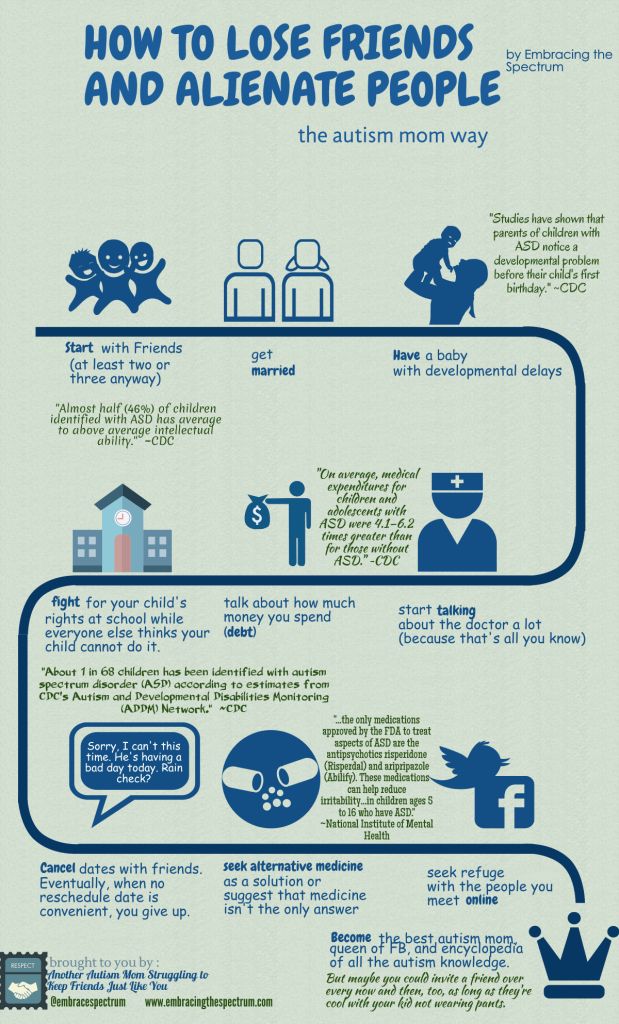 Separation is not about going out for a walk at night. It's about understanding: "I'm an adult, I'm independent." Adolescents understand their dependence on their parents, but it is still important for the psyche to feel this separation, which is why it starts a war: "If I rebel against my parents, I am at war, then I am not connected with them." nine0003
Separation is not about going out for a walk at night. It's about understanding: "I'm an adult, I'm independent." Adolescents understand their dependence on their parents, but it is still important for the psyche to feel this separation, which is why it starts a war: "If I rebel against my parents, I am at war, then I am not connected with them." nine0003
Adolescents begin to look for their own solutions, which others often perceive as at least stupid. An active search for one's own rake, not taking on faith everything that parents say, reducing their significance - this is all about separation. The problem is solved when a teenager understands that he can make decisions himself and be responsible for them. But separation is fully completed not in adolescence, but a little later, because teenagers still depend on their parents, for example financially, and understand this. nine0003
Another important psychological task of this period is related to peers. In younger adolescence, it sounds like "find your own. " At an older age, “get recognition from your peers” is added to it. Therefore, teenagers are maximally focused on interacting with friends. Of course, everyone's communication needs are different, but the focus is shifting from parents to peers. If such a task is not solved effectively, the teenager experiences so much stress about this that there is no strength left for anything else, including studying. nine0003
" At an older age, “get recognition from your peers” is added to it. Therefore, teenagers are maximally focused on interacting with friends. Of course, everyone's communication needs are different, but the focus is shifting from parents to peers. If such a task is not solved effectively, the teenager experiences so much stress about this that there is no strength left for anything else, including studying. nine0003
The third key task is acceptance of body changes and sexual identification. It also takes a lot of energy, and its difficulty lies in the fact that adults do not like and do not know how to talk to children about sex.
/sexprosvet-eto-kruto/
How I talk to my child about sex
These two tasks are completely impossible to complete. A person simply gains experience and moves on with it, continuing to build various kinds of relationships throughout his life.
There are other tasks, but these are the main ones. nine0003
How long does it take to grow up?
I cannot say that in such and such years the rebellion will end. Around the end of high school, those who haven't been crushed by overly authoritarian parents tend to calm down.
Around the end of high school, those who haven't been crushed by overly authoritarian parents tend to calm down.
Everyone has adolescence, and the psyche must solve the tasks assigned to it. Yes, there are situations when such a period is milder. This may be due to both the incorrect behavior of the parents, and quite correct. If a teenager has sane communication with his parents, there is trust, there is a sufficient degree of freedom, by this moment he has acquired social skills that make his life easier, he is confident enough in himself, he has a social circle, then everything may not go as catastrophically as about this write and tell. nine0003
If the child is expecting too harsh parents at home or he is studying at an elite gymnasium with a huge load, it may seem that his behavior has not changed, and the crisis of adolescence has passed by. This is not true. Most often, this means that it will shoot later when the child gets out of parental control: for example, he leaves to study in another city.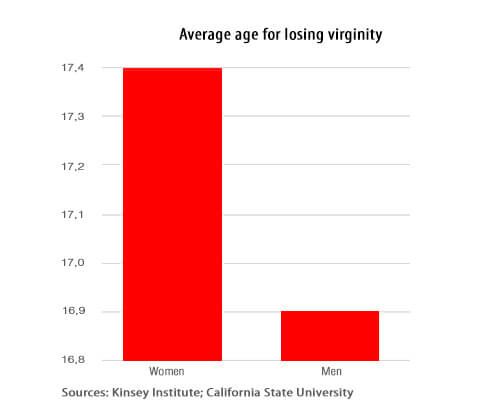
Now a huge number of adults go to psychologists and realize that their current problems arise because they behave like teenagers. What it is, I felt on a personal example. I "shot" in the first year and continued on the third, just when I moved out from my parents. nine0003
Some problems come up later. Therefore, the story about growing up is quite flexible, but the peak rarely lasts longer than a year - a year and a half, most often it lasts several months.
How can parents build relationships with their children?
The child's psyche is arranged in such a way that she herself will force him to solve the psychological problems of his age. Parents do not need help: their task is to support and accept the child, as well as to keep a little.
First of all, it is important to accept that now the child will distance himself, and this is normal. This is a harbinger of the fact that after some time he will become an adult and leave home, begin to live his own life.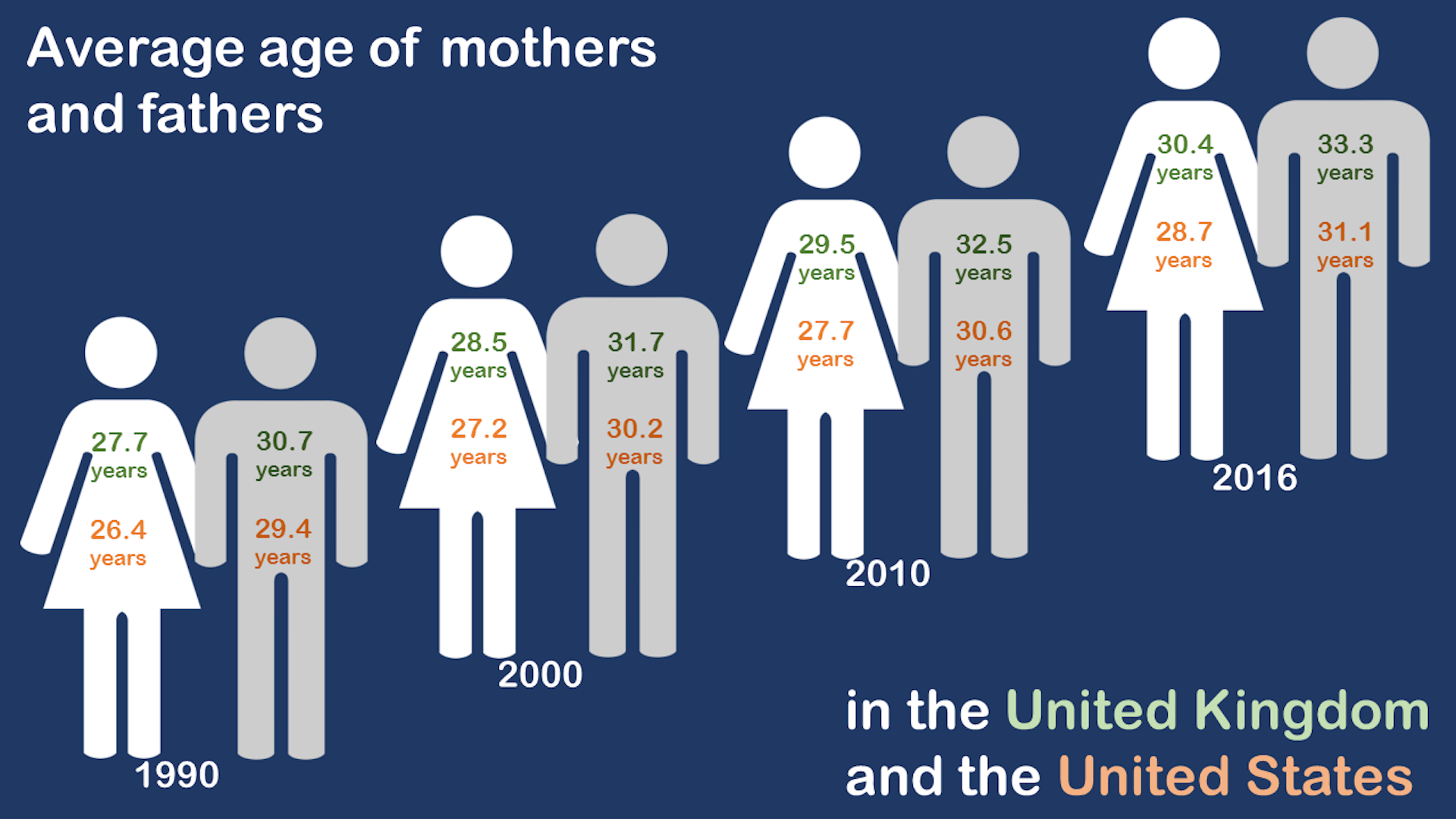 There is no need to continue to drag those relationships that were before adolescence by the tail. Everybody. The separation process has begun.
There is no need to continue to drag those relationships that were before adolescence by the tail. Everybody. The separation process has begun.
It sounds trite, but most parents do not agree with this idea and continue to treat the child as a younger student. This is where relationship problems arise. nine0003
It is also important to accept and acknowledge that parents cannot fully influence a teenager, their possibilities are limited. You cannot make a child want to communicate with Vasya, and not Petya, because the former seems like a more suitable friend to you. You can't make him love algebra instead of boxing. You can remind that the exam in mathematics is ahead, but this does not guarantee that the teenager will leave training and will solve examples every evening.
/kak-perezhit-ege/
“It is important to get rid of the catastrophic attitude towards the USE.” Psychologist - about preparing for exams
You should not build relationships from this position: "I'm an adult, I have experience, and I know what you really need.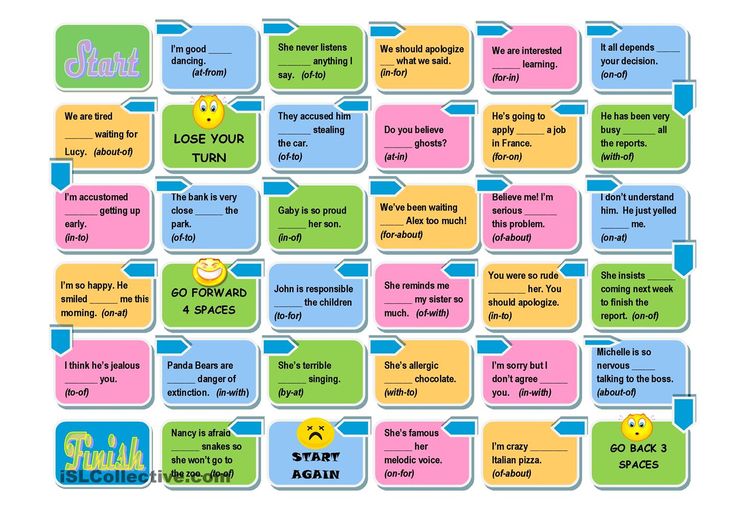 " Despite the fact that adolescents are not capable of everything themselves, they do not feel weak. It is important to learn how to communicate on the basis of respect and interest. It would be good to remember at the same time that it is very difficult to build relationships with a person who constantly controls, commands, punishes and prohibits how often parents behave. In order for a relationship to develop, a teenager must feel safe. No one will make contact with a person who keeps us in fear and tension. nine0003
" Despite the fact that adolescents are not capable of everything themselves, they do not feel weak. It is important to learn how to communicate on the basis of respect and interest. It would be good to remember at the same time that it is very difficult to build relationships with a person who constantly controls, commands, punishes and prohibits how often parents behave. In order for a relationship to develop, a teenager must feel safe. No one will make contact with a person who keeps us in fear and tension. nine0003
As a father, I understand that it is difficult to reduce control, because there is a lot of anxiety in parents. But each adult has his own list of requirements for a child, it is definitely worth reviewing and trusting in some things.
Are there differences in how boys and girls mature?
Even though puberty starts earlier in girls, boys are the first to change. Their rebellion is more directed at those around them, while for girls it is directed inwards.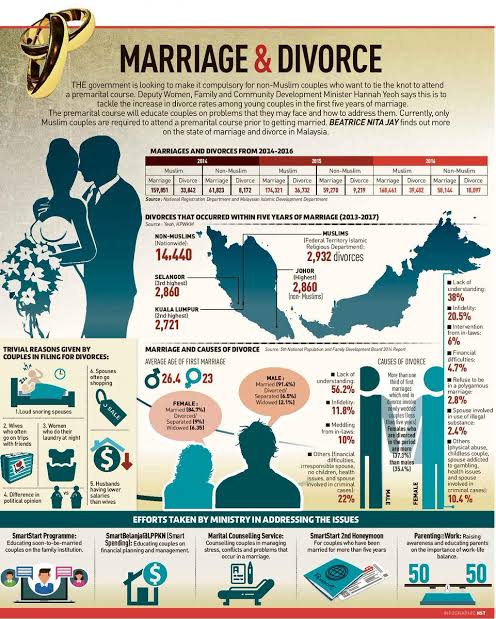 Girls also live events more emotionally, their experiences are deeper and stronger, they are more worried about physiological changes. nine0003
Girls also live events more emotionally, their experiences are deeper and stronger, they are more worried about physiological changes. nine0003
In general, I cannot say that the difference in the characteristics of growing up depends on gender. It is determined by various factors, including social requirements and family relationships. By the end of high school, the differences are completely smoothed out.
How does the child feel during this period?
Bad. Of course, the child understands that something is happening to him: he is uncomfortable, does not like anything, he believes that his parents, unlike his friends, do not understand him. This is because physiological changes affect the way we think and feel. nine0003
But now information is widely available, and therefore children usually know that the changes that occur are associated with adolescence. They may even appeal to this, saying to their parents: “I am now a teenager, so I behave this way. What do you all want from me?"
How can you help yourself and your child overcome the crisis?
If everything is really bad, you should start not with relationships, but with yourself. Usually, when parents realize that the situation is too complicated, they no longer have the strength to change something, they have a burnt-out psyche, they can’t do anything and don’t want to. nine0082 It is impossible to build relationships being exhausted, since the main responsibility for them lies with the parents.
Usually, when parents realize that the situation is too complicated, they no longer have the strength to change something, they have a burnt-out psyche, they can’t do anything and don’t want to. nine0082 It is impossible to build relationships being exhausted, since the main responsibility for them lies with the parents.
At this point, the tactic of "getting behind the child" works well. Let everything go to hell for some time, and you take care of yourself: rest, switch, perhaps talk to a psychologist.
Then you need to focus on making contact. You don't know how your actions will affect the child's future success and happiness, but plus or minus relationships are clear. In principle, relationships, especially in older adolescence, are the only constructive tool of influence. That is why it is so important to try to build them. But if there are forces and resources. nine0003
/list/not-a-phase/
What helps me understand a teenager: 8 podcasts and YouTube channels
Should I treat a teenager as an equal?
If being treated as an equal implies respect, interest, and goodwill, then, of course, it is worth it.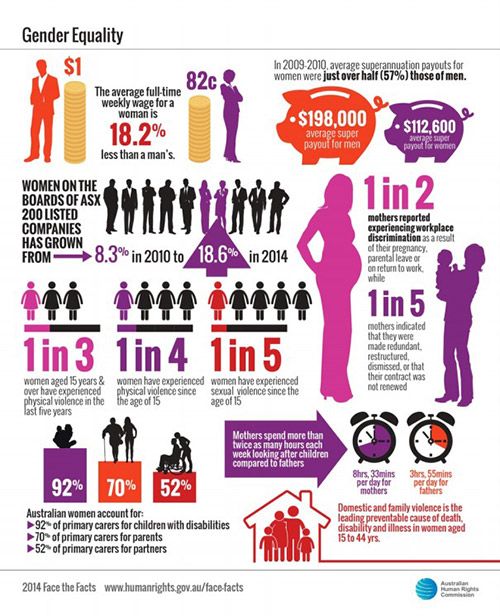 If we are talking about sharing responsibility for life decisions, then no.
If we are talking about sharing responsibility for life decisions, then no.
Of course, it is not up to a teenager to decide how to distribute the family budget, whether the family moves or not, whether the parents get divorced. But he can decide that he wants to go to the theater after school, and not to the Faculty of Physics and Mathematics, as dad would like. You should not expect that he will understand this at the age of 11, but it is important that the child still participate in the choice of a further specialty. nine0003
/list/teen-spirit/
How to live with teenagers: 10 questions for a psychologist
Teenagers want to feel like adults, but they are not able to take responsibility for everything. This must be remembered. Therefore, the ideal attitude is like an adult, but without any expectations.
How can you help your teenager not be influenced by peers or other adults?
First, you must not lose your relationship with him, connection and trust. It is important that parents remain, if not the main, but significant adults in the life of a teenager. After all, even if a child falls under a bad influence, it is important that he is not afraid to turn to you for help. nine0003
It is important that parents remain, if not the main, but significant adults in the life of a teenager. After all, even if a child falls under a bad influence, it is important that he is not afraid to turn to you for help. nine0003
Secondly, it would be nice to answer the question of what kind of person he should be, what skills and views he should have. Most likely, it will turn out that he must be confident in himself, be able to defend his point of view, he must have developed communication skills, critical thinking. This is what is important to develop. After all, it is the teenager himself who will decide whether to fit into a bad society or not.
What if contact is lost?
The main thing is to stop destroying it further. Parents don't have to do some great things. nine0082 More often than not, to get a chance to connect, we have to stop doing what we're doing.
It is worth trying to observe yourself from the side. Most likely, you will realize that you are breaking down because you are trying to cope with your own anxiety through control. You micromanage to be calmer, not more useful for the child. Revenge because you think that he is ungrateful, although you have done so much.
You micromanage to be calmer, not more useful for the child. Revenge because you think that he is ungrateful, although you have done so much.
/teen-riot/
“Not every adult is ready to withstand such pressure”: 5 reasons for teenage rebellion
The question "why am I behaving this way?" helps you see what you need to stop doing in order to have a chance to build a relationship.
Why do some teenagers consider delinquency a sign of adulthood?
Delinquency is an indicator that a teenager decided to break the law through stupidity or intentionally. This is not an indicator of adulthood, but it coincides with the task of separation from parents and from the system. Parents, schools, the state - this is a conditionally one-line thing for teenagers, from which you need to jump out. nine0003
Breaking the law coincides with teenage risk taking. And it also coincides a bit with the fact that teenagers, although they look like adults, do not think like adults, do not think like adults, they do not have long-term planning.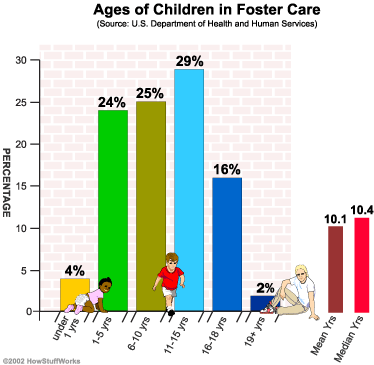
The task of parents is to convey these norms of the rules to them, but this can only be done with a saved contact. Otherwise, all words will cause resistance and reverse actions.
At what point does a person become an adult?
Never. Once, at one of my trainings, a man 40-45 years old, who has several businesses, children, admitted that he had the feeling that he was surrounded by real adults, and he himself was somehow fake, like a teenager. nine0003
Adulthood is a multifaceted concept, and this concept is usually understood as the fulfillment of rules. Formally, a person becomes an adult at the age of 18. But adulthood can also be seen as a style of thinking, responsibility, the ability to self-regulate.
/guide/emancipation/
When a teenager can become an adult early
It seems to me that only a few actually become adults, and this has nothing to do with age. At the same time, there are teenagers who, on the contrary, reason and think like grandfathers, because they had to learn the rules of adult life early.
